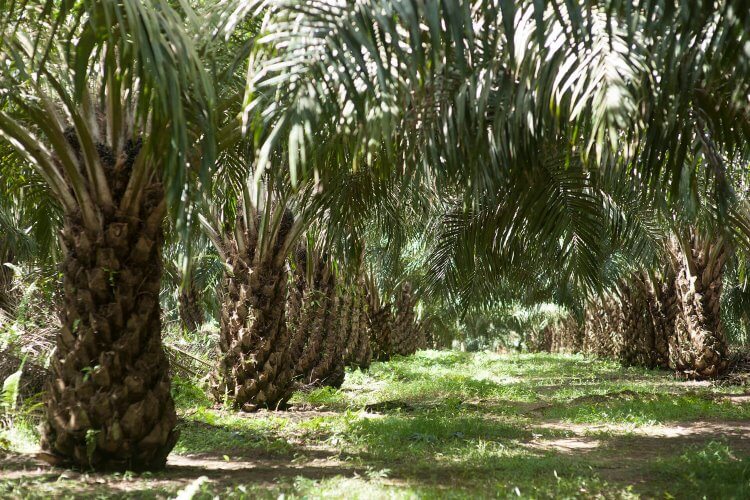Indonesia Faces Rp 47 Trillion Challenge to Implement B40 Biodiesel by 2025
Demand for CPO is expected to keep rising through 2030, driven by the expansion of the biodiesel sector and the increasing consumption of palm oil in the food and oleochemical industries. As a result, the palm oil sector is investing in precision agriculture, including the use of drones, soil sensors, and disease-resistant varieties to keep pace with growing demand. Supporting smallholder farmers, who account for 40% of CPO production, is also seen as crucial to achieving long-term sustainability.
Professor Patricio Grassini of the University of Nebraska-Lincoln highlighted Indonesia’s potential to increase palm oil yields, similar to improvements made in other crops like rice and corn. He suggested that with more intensive productivity strategies, CPO yields could increase from 3.4 tons per hectare to 8 tons per hectare. Such improvements could elevate national CPO production to 108 million tons annually, potentially generating up to USD 97 billion in revenue.
As Indonesia strives to meet its B40 and B50 targets, the palm oil sector faces a combination of challenges and opportunities. Achieving higher yields through replanting and better agricultural practices will be essential for both meeting domestic biodiesel demands and maintaining the country’s competitiveness in the global market. With sustained investment in research, innovation, and farmer support, Indonesia’s palm oil industry could become a major player in the global energy transition. (Uki Ruknuddin)



























Tinggalkan Balasan